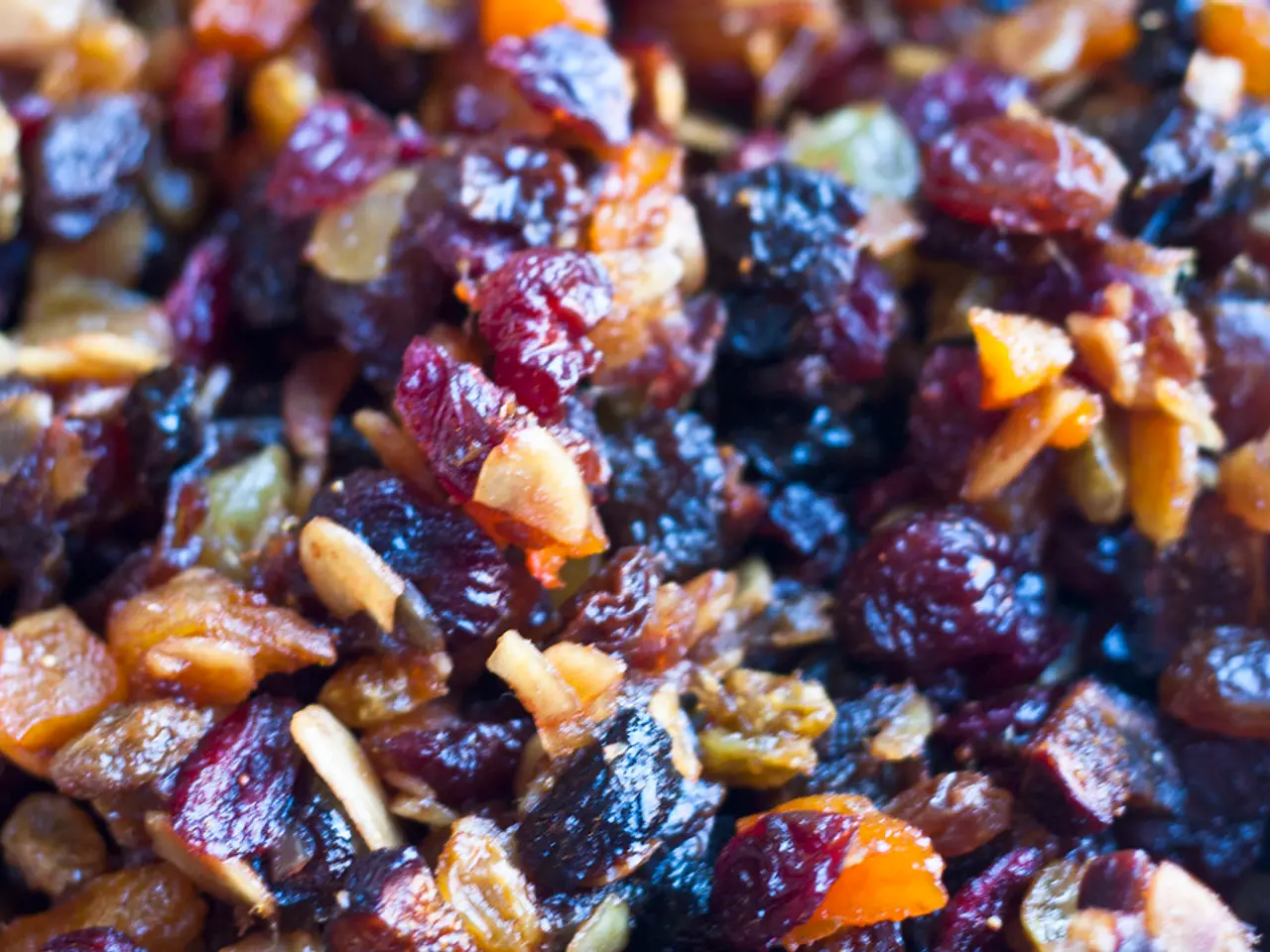The significance of sauerkraut extends beyond its use as a garnish, as it appears to hold a substantial impact on gut health.
=====================================================================
A new study published in the journal Applied and Environmental Microbiology has found that sauerkraut, a fermented cabbage, may offer long-term benefits for digestive resilience and overall wellness.
The study, led by Professor Maria Marco and postdoctoral researcher Lei Wei from UC Davis' Department of Food Science and Technology, compared raw cabbage, store-bought sauerkraut, lab-fermented sauerkraut, and leftover brine from fermentation to assess their impact on intestinal cell health.
The research found that fermented cabbage, specifically sauerkraut, helps protect intestinal cells from inflammation-related damage. Notably, only the sauerkraut, not the raw cabbage or brine, significantly helped maintain the integrity of gut cells in lab conditions.
The study discovered hundreds of beneficial metabolites in fermented sauerkraut, including lactic acid, amino acids, and plant-based compounds associated with gut health. The specific gut-protective metabolites found in sauerkraut include lactic acid, indole-3-lactic acid (ILA), and D-phenyl-lactate.
Lactic acid, a major fermentation product, lowers gut pH and supports beneficial microbes. ILA, a microbial metabolite derived from amino acid metabolism, calms inflammation and strengthens the intestinal lining. D-phenyl-lactate, an amino acid derivative, correlates with metabolite profiles of effective fermentation.
These postbiotic metabolites—metabolic byproducts produced during fermentation—serve as a biochemical defense system for the gut. They reinforce tight junctions in the gut lining, reduce inflammatory responses, and improve gut microbiota diversity, all vital for maintaining a resilient digestive system over time.
Professor Maria Marco, co-author of the study, stated that a little bit of sauerkraut could go a long way and suggested including fermented foods in regular diets. The research suggests that incorporating sauerkraut into daily meals may be a simple and delicious step toward better wellness.
The study adds new weight to the role of fermented foods like sauerkraut in promoting digestive resilience and reducing inflammation. The team plans to move into human trials to confirm the results outside of the lab. The findings of the study can be read in its entirety here.
The study was funded by the California Department of Food and Agriculture and a Jastro Shields Graduate Research Award from UC Davis. The team is working to identify which of these metabolites have the strongest protective effects.
[1] Marco, M., Wei, L., et al. (2022). Sauerkraut metabolites promote intestinal barrier function and inflammation resolution. Applied and Environmental Microbiology. [2] Marco, M., Wei, L., et al. (2022). Sauerkraut: A fermented food with gut-protective properties. Nutrition and Health. [3] Marco, M., Wei, L., et al. (2022). The role of sauerkraut in modulating the gut microbiome and promoting gut health. Gut Microbes. [4] Marco, M., Wei, L., et al. (2022). The metabolomics of sauerkraut and its impact on gut health. Journal of Agricultural and Food Chemistry. [5] Marco, M., Wei, L., et al. (2022). The gut-protective properties of sauerkraut: A review. Journal of Functional Foods.
Science reveals that consuming fermented foods like sauerkraut, as part of regular diets, can contribute to health-and-wellness by promoting digestive resilience. A new study also reveals the role of fermented foods like sauerkraut in fitness-and-exercise, as they provide nutrients essential for energy production and muscle recovery.




